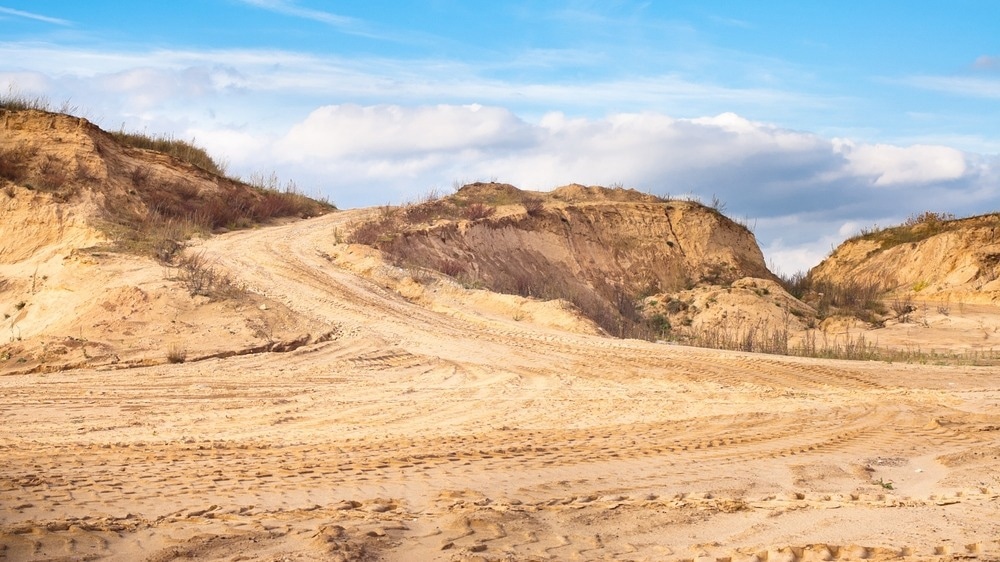With sand mining rates exceeding natural replenishment, the world’s reliance on concrete, the second most consumed material after water, is causing an environmental and resource crisis.

Image Credit: fotokaleinar/Shutterstock.com
According to a study by Rice University, graphene made from the coal-based product metallurgical coke has the potential to replace sand in concrete as well as act as a reinforcing ingredient in cement.
This could have a major impact on one of the biggest industries in the world, and we compared concrete made using the graphene aggregate substitute with concrete made using suitable sand aggregates, and we found our concrete is 25% lighter but just as tough.
James Tour, Professor, Department of Chemistry, Materials Science and Nanoengineering, Rice University
Urban growth requires concrete, which is a combination of aggregates like sand and gravel bound together with cement and water. By 2050, 68% of people on Earth are anticipated to live in cities, which would result in a sharp increase in the need for concrete and sand mining. Over the past 20 years, this has tripled to reach over 50 billion tons annually. However, there is a big environmental cost to this.
The manufacturing of cement, a vital component of concrete, is responsible for 8% of global carbon dioxide emissions. Furthermore, river and coastal ecosystems are seriously threatened by the mainly unregulated practice of sand mining. A 2022 United Nations research states that the rising demand for sand, when combined with urbanization and population increase, may soon cause a ”sand crisis.”
Using metallurgical coke and its patented Joule-heating method, the Tour lab has produced a kind of graphene that could replace sand in concrete.
Initial experiments where metallurgical coke was converted into graphene resulted in a material that appeared similar in size to sand, and we decided to explore the use of metallurgical coke-derived graphene as a total replacement for sand in concrete, and our findings show that it would work really well.
Paul Advincula, Study Lead Author and Doctoral Alum, Rice University
Promising results are observed in tests comparing graphene-aggregate concrete with ordinary concrete. In addition to having mechanical qualities that are identical to ordinary concrete, graphene-based concrete has a greater strength-to-weight ratio.
Flash Joule heating has been used by the Tour lab for several purposes, such as the production of hybrid carbon nanomaterials, the recycling of battery parts, and the extraction of heavy metals from coal fly ash.
Advincula added, “This technique produces graphene faster and at a larger scale than previous methods.”
This innovative technology has the potential to result in more environmentally friendly urban development methods by reducing the need for natural sand and the carbon emissions produced by the concrete industry.
Tour stated, “It will take some time for the price of graphene to get low enough to make this viable, but this just shows there are alternatives we can pursue.”
Satish Nagarajaiah, a professor of civil and environmental engineering and of mechanical engineering who is a corresponding author on the study, added, “30% of concrete is composed of sand a significant part and the fact that we are on the brink of a ‘sand crisis’ motivates us to look for alternatives, and metallurgical coke, which costs about the same as sand at about 10% of the cost of concrete, could help not only make better-quality concrete, but also eventually translate into significant savings.”
The research was funded by the US Army Corps of Engineers, Engineer Research and Development Center, the Air Force Office of Scientific Research, and the National Science Foundation.
Journal Reference
Advincula. P. A., et.al., (2024). Replacement of Concrete Aggregates with Coal-Derived Flash Graphene. ACS Applied Materials & Interfaces. doi:10.1021/acsami.3c15156
Source: https://www.rice.edu/